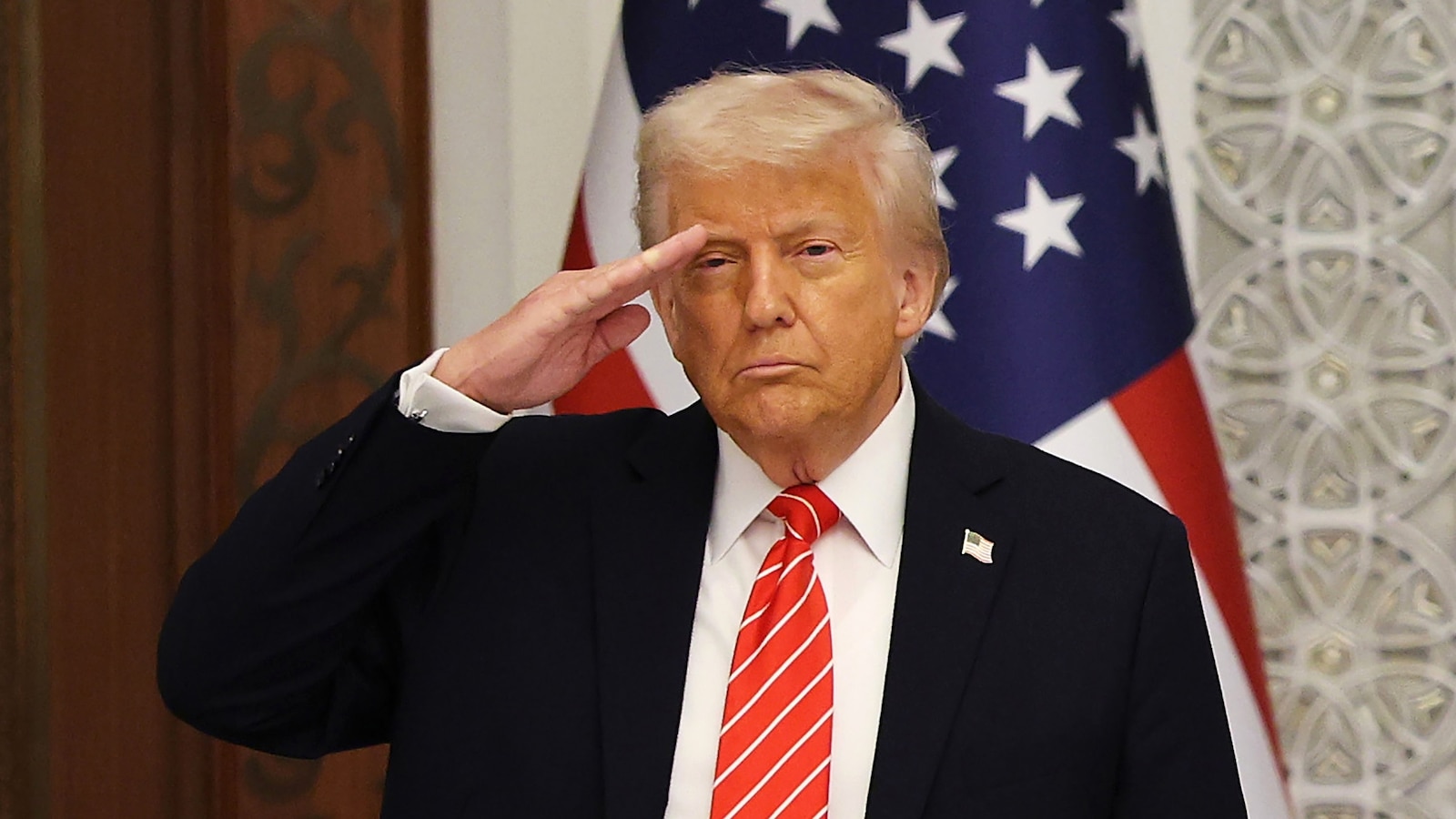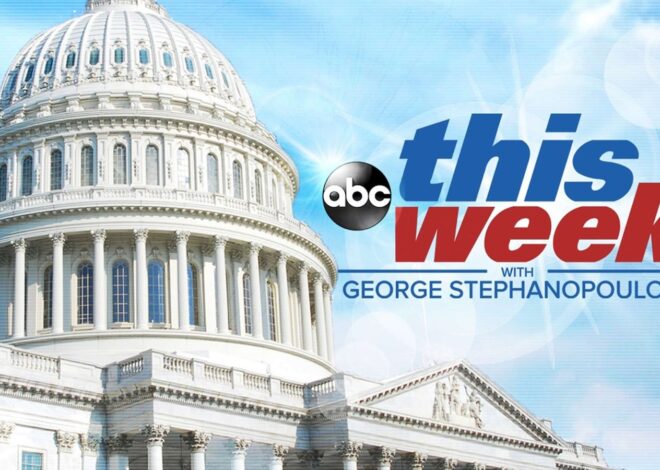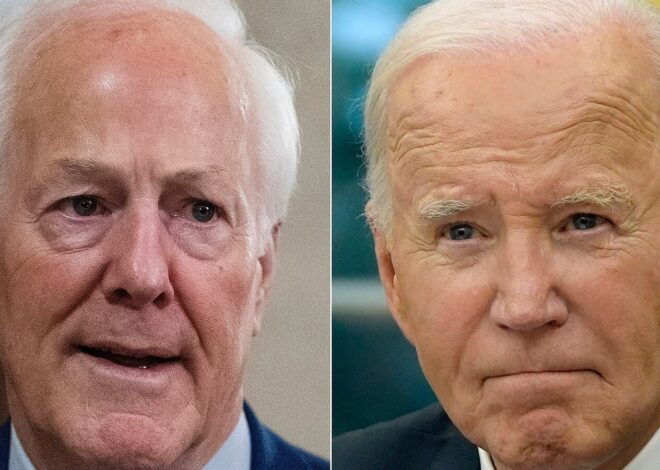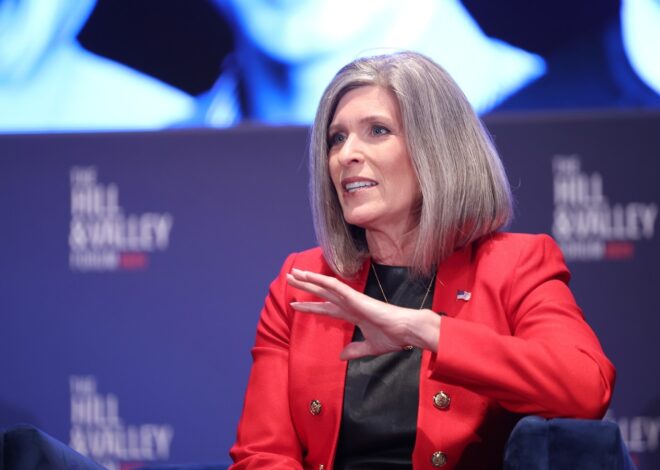
Trump to Speak to West Point Graduates After DEI Crackdown
Change at the Heart of Tradition
Maybe it began quietly, a simple administrative decision-or so it seemed. Yet, beneath the surface, waves were forming. The removal of diversity-related curriculum by a prestigious military academy was not merely a footnote but a herald of deeper shifts.
Amidst this backdrop, President Donald Trump stands poised as the keynote speaker for the U.S. Military Academy’s graduates. The ceremony is steeped in history and tradition, but this year, it carries the weight of a controversial decision-making process. As the administration cracks down on diversity initiatives, an air of anticipation tinges the proceedings with tension.
Trump, alongside Defense Secretary Pete Hegseth, embarked on an endeavor that could reshape military education. Since stepping into office, their focus has been the rollback of diversity, equity, and inclusion programs. These themes are likely to echo in Trump’s speech, offering a glimpse into a new vision for military academies.
February marked a turning point when Pete Hegseth, newly confirmed by the Senate, enacted sweeping changes. West Point saw the disbanding of several student clubs, including those celebrating Black, Latin, and Native American heritage. The administration cited Presidential Executive Orders and Department of Defense guidance as catalysts for these decisions. It might be more complex than the tidy explanation suggests…
In the same month, books were swept from the shelves of U.S. Naval Academy libraries. Titles penned by Black authors and works discussing the history of racism vanished overnight. This removal came under Pentagon directive, with libraries instructed to strip any content touching on diversity, race, and gender issues. But books, like ideas, have a way of finding their way back. Most of the banned titles have returned to the shelves-a small victory amid a broader battle. Read more on this topic.
Critics, both within and outside the military, have not remained silent. Former West Point educators and military members decry the orders as an affront to the very values the academies claim to uphold. Graham Parsons, a West Point professor, boldly penned a guest essay accusing the administration of indoctrination over education. It’s a sentiment that perhaps resonates with many: students should engage, debate, even tussle with ideas-dangerous or not.
Plans for protests brew. At the ceremony, voices will rise in opposition. Boats on the Hudson and activists outside the gates will underscore the disquiet. The presence of Trump, last seen addressing West Point in 2020, revives memories of scrutiny and speculation over his health-an episode that lingered in the public’s mind, whether justified or not.
The president, with characteristic bravado, dismissed criticisms of his previous appearance, attributing his cautious descent of a ramp to its treacherous design-steep and slippery, despite the sun-drenched day. It’s a moment perhaps emblematic of a presidency that often found itself at odds with public perception.
So here we are, on the cusp of a ceremony heavy with history and the weight of present controversies. Maybe what unfolds next will depend on who you ask…
What do these shifts mean for the future of military education? Perhaps it’s not just about the changes themselves, but about the conversations they ignite. For a society and an institution built on tradition, any challenge to the status quo is bound to ripple far beyond a quiet morning headline.



